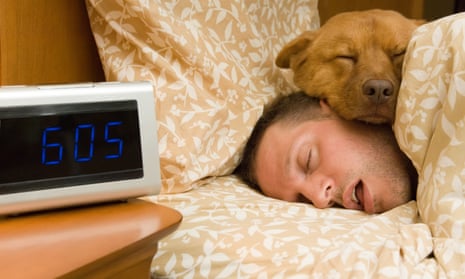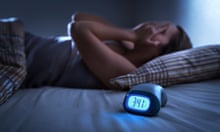For those of us who struggle to leave our beds in the winter, taunts of “lazy” could well be misplaced.
New research suggests that while humans do not hibernate, we may need more sleep during the colder months.
Analysis of people undergoing sleep studies found that people get more REM (rapid eye movement) sleep in the winter.
While total sleep time appeared to be about an hour longer in the winter than the summer, this result was not considered statistically significant.
However, REM sleep – known to be directly linked to the circadian clock, which is affected by changing light – was 30 minutes longer in the winter than in summer.
The research suggests that even in an urban population experiencing disrupted sleep, humans experience longer REM sleep in winter than summer and less deep sleep in autumn.
Researchers say if the study’s findings can be replicated in people with healthy sleep, this would provide the first evidence for a need to adjust sleep habits to season – perhaps by going to sleep earlier in the darker and colder months.
Dr Dieter Kunz, corresponding author of the study, based at the Clinic for Sleep & Chronomedicine at the St Hedwig hospital, Germany, said: “Seasonality is ubiquitous in any living being on this planet.
“Even though we still perform unchanged over the winter, human physiology is down-regulated, with a sensation of ‘running-on-empty’ in February or March.
“In general, societies need to adjust sleep habits including length and timing to season, or adjust school and working schedules to seasonal sleep needs.”
During REM sleep, brain activity increases and people may dream. Normal sleep starts with three stages of non-REM sleep at first, followed by a short period of REM sleep.
While the researchers acknowledge the results would need to be validated in people with no sleep difficulties, the seasonal changes may be even greater in a healthy population.
In the study, a team of scientists recruited 292 patients that had undergone sleep studies called polysomnographies. These are regularly carried out on patients who experience sleep-related difficulties. They are asked to sleep naturally in a special laboratory without an alarm clock, and the quality and type of sleep can be monitored as well as the length of sleep.
After exclusions were made for people taking sleep-affecting medication, technical errors and for those who may have skipped the first REM stage, 188 patients remained in the new study.
The findings are published in the journal Frontiers in Neuroscience.








